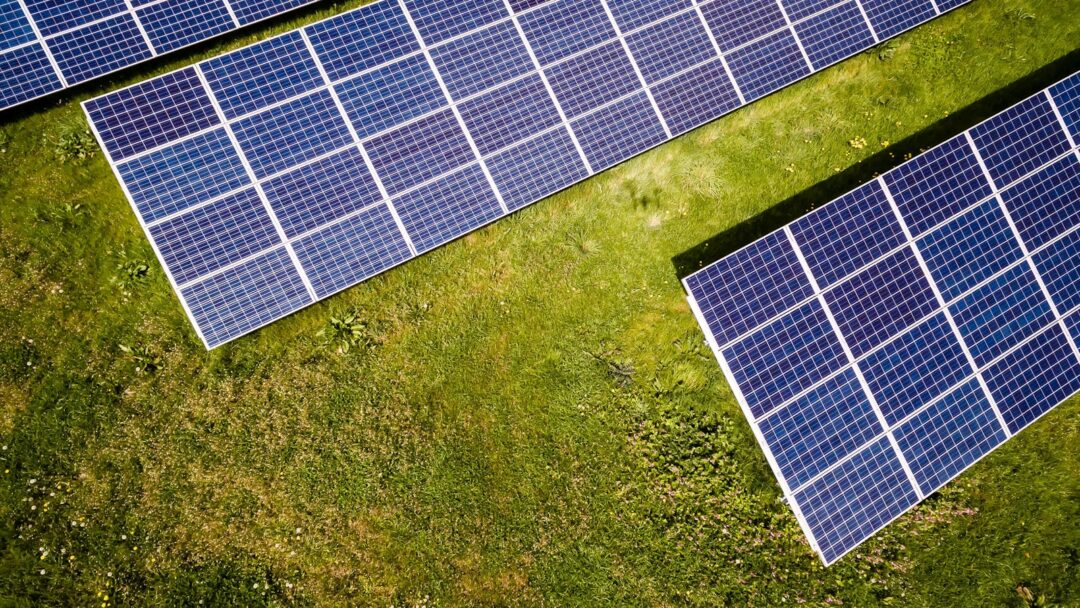Revolutionizing Green Spaces with Autonomous Lawn Mowers
Introduction to Autonomous Lawn Mowers
Autonomous lawn mowers represent a significant advancement in landscaping technology, offering a hands-free solution for maintaining outdoor spaces. In regions like Saudi Arabia and the UAE, where green spaces are cherished for their aesthetic and environmental benefits, the adoption of autonomous lawn mowers is revolutionizing landscape maintenance. These innovative devices use smart technology and automation to trim grass, navigate obstacles, and keep lawns looking pristine, all without the need for human intervention.
Unlike traditional lawn mowers, which require manual operation and supervision, autonomous models operate independently, following predefined routes and schedules. This frees up valuable time for homeowners, businesses, and municipalities, allowing them to focus on other tasks while their lawns are meticulously maintained. With the rise of smart cities and sustainable urban development initiatives in cities like Riyadh and Dubai, autonomous lawn mowers play a crucial role in creating and preserving green spaces for future generations.
As technology continues to evolve, so too do autonomous lawn mowers. The latest models feature advanced sensors, GPS navigation, and connectivity options, enabling seamless integration with smart home systems and mobile apps. This connectivity allows users to monitor and control their lawn mowers remotely, ensuring optimal performance and efficiency. In this article, we’ll explore the benefits of autonomous lawn mowers and their impact on landscaping practices.
The Advantages of Autonomous Lawn Mowers
One of the primary advantages of autonomous lawn mowers is their ability to improve efficiency and productivity in landscape maintenance. By operating autonomously, these devices can cover large areas of grass with minimal oversight, reducing the time and labor required for manual mowing. This is especially beneficial for commercial properties, parks, and golf courses, where maintaining expansive lawns can be labor-intensive and costly.
Furthermore, autonomous lawn mowers offer environmental benefits by promoting sustainable landscaping practices. Unlike traditional gas-powered mowers, which emit pollutants and greenhouse gases, autonomous models are often electric-powered and produce zero emissions. This aligns with the sustainability goals of cities like Riyadh and Dubai, where there is a growing emphasis on reducing carbon footprints and preserving natural resources.
Additionally, the use of autonomous lawn mowers enhances safety by minimizing the risk of accidents and injuries associated with manual mowing. These devices are equipped with advanced safety features, such as collision sensors and automatic shut-off mechanisms, to prevent collisions with obstacles and ensure safe operation in outdoor environments. This makes them ideal for homeowners and businesses seeking to maintain well-manicured lawns without compromising on safety.
The Future of Landscaping: Trends and Innovations
Looking ahead, the future of landscaping is closely intertwined with the adoption of smart technologies and autonomous solutions. As urban populations grow and green spaces become increasingly scarce, the demand for efficient and sustainable landscape maintenance practices will continue to rise. Autonomous lawn mowers represent just one example of how technology is transforming the way we care for outdoor environments.
Future trends in landscaping may include the integration of artificial intelligence and machine learning algorithms to optimize lawn care routines and improve turf health. These technologies can analyze environmental data, such as soil moisture levels and weather conditions, to tailor mowing schedules and irrigation patterns for optimal results. Additionally, advancements in battery technology and solar power may further enhance the efficiency and sustainability of autonomous lawn mowers.
Moreover, the rise of the Internet of Things (IoT) and smart city initiatives will drive greater connectivity and interoperability between autonomous lawn mowers and other outdoor maintenance equipment. This interconnected ecosystem will enable seamless coordination of tasks, such as lawn mowing, watering, and fertilization, to maximize efficiency and resource utilization. By embracing these trends and innovations, cities can create vibrant and sustainable urban landscapes for residents to enjoy.
In conclusion, the adoption of autonomous lawn mowers is reshaping the way we approach landscape maintenance, offering a sustainable, efficient, and safe solution for maintaining green spaces. As technology continues to evolve, these devices will play an increasingly important role in creating vibrant and eco-friendly urban environments. By embracing innovation and investing in smart landscaping solutions, cities can enhance quality of life and promote environmental stewardship for generations to come.
As autonomous lawn mowers become more widespread, it’s essential to address potential challenges and considerations related to their deployment. This includes ensuring compatibility with existing landscaping infrastructure, addressing privacy concerns, and implementing robust security measures to protect against cyber threats. By addressing these issues proactively, cities can maximize the benefits of autonomous lawn mowers while mitigating potential risks.
—
#autonomouslawnmowers, #landscaping, #technology, #automation, #innovation, #Riyadh, #Dubai, #smarttechnology, #sustainability

